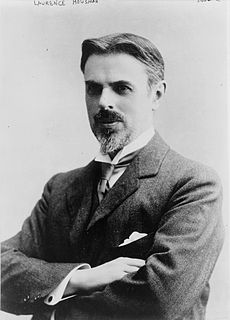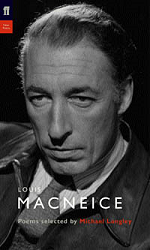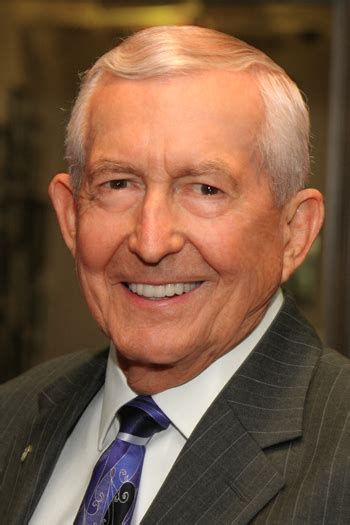A Quote by Mortimer Adler
One reader is better than another in proportion as he is able of a greater range of activity in reading and exerts more effort.
Related Quotes
A good book deserves an active reading. The activity of reading does not stop with the work of understanding what a book says. It must be completed by the work of criticism, the work of judging. The undemanding reader fails to satisfy this requirement, probably even more than he fails to analyze and interpret. He not only makes no effort to understand; he also dismisses a book simply by putting it aside and forgetting it. Worse than faintly praising it, he damns it by giving it no critical consideration whatever.
A comic will always be more 'personal' than a DVD or CD, both of which require electronic 'players' to decode their content. With comics, the reader is the player so the engagement with the material is always more fundamental and dynamic. Reading comics is a much less passive activity than consuming CDs and DVDs.
We must be forewarned that only rarely does a text easily lend itself to the reader's curiosity... the reading of a text is a transaction between the reader and the text, which mediates the encounter between the reader and writer. It is a composition between the reader and the writer in which the reader "rewrites" the text making a determined effort not to betray the author's spirit.
It has often been said there’s so much to be read, you never can cram all those words in your head. So the writer who breeds more words than he needs is making a chore for the reader who reads. That's why my belief is the briefer the brief is, the greater the sigh of the reader's relief is. And that's why your books have such power and strength. You publish with shorth! (Shorth is better than length.)
The narrative image has more dimensions than the painted image - literature is more complex than painting. Initially, this complexity represents a disadvantage, because the reader has to concentrate much more than when they're looking at a canvas. It gives the author, on the other hand, the opportunity to feel like a creator: they can offer their readers a world in which there's room for everyone, as every reader has their own reading and vision.
As Attraction is stronger in small Magnets than in great ones in proportion to their Bulk, and Gravity is greater in the Surfaces of small Planets than in those of great ones in proportion to their bulk, and small Bodies are agitated much more by electric attraction than great ones; so the smallness of the Rays of Light may contribute very much to the power of the Agent by which they are refracted.
Life's very difficult and full of surprises. At all events, I've got as far as that. To be humble and kind, to go straight ahead, to love people rather than pity them, to remember the submerged - well, one can't do all these things at once, worse luck, because they're so contradictory. It's then that proportion comes in - to live by proportion. Don't begin with proportion. Only prigs do that. Let proportion come in as a last resource, when the better things have failed.







































